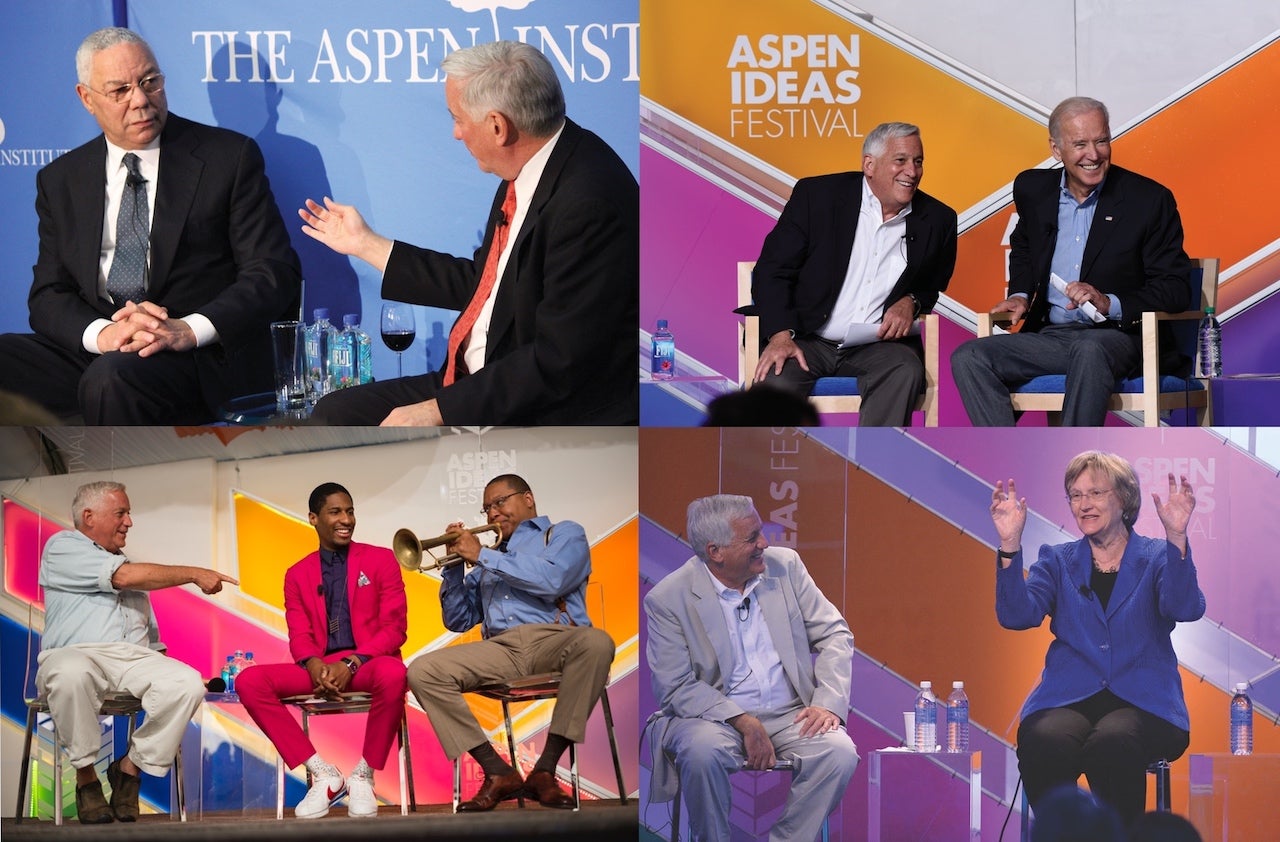
When Walter Isaacson announced his resignation last March as president and CEO, the Aspen Institute community knew it was the end of an era. Isaacson came to personify the Institute—a tireless intellect driven to better the world through debate, mentorship, and inspiration.
He created a commons for dialogue through the traditional Institute seminars and gatherings of policy programs, which blossomed in profusion under his guidance. To these he added public programs that brought international attention and respect to the Institute.
He broadened the conversation by opening up seminars and programs to scholars from every country and background, with his steadfast commitments to righting racial and economic inequalities. He joined those conversations himself, passionately—all while writing seminal and celebrated biographies. The timeline below suggests the scope of his vision and how much of it he translated to reality, a rare feat for any leader.
In the months following the news, many Trustees started to take stock of Isaacson’s legacy—a reckoning likely to take more than the 14 years of his tenure. Here are a few of the many reflections on how he reawakened and reshaped the Institute.
2003
- Walter Isaacson is appointed president and CEO of the Aspen Institute.
- Ideas: The Magazine of the Aspen Institute publishes its first issue, with the support of Trustee Lynda Resnick and Jessica Catto.
- The Washington Ideas Roundtable Series begins, now supported by Michelle Smith and the Robert H. Smith Family Foundation.
2004
 Benjamin Franklin: An American Life is published by Simon & Schuster.
Benjamin Franklin: An American Life is published by Simon & Schuster.- Einstein: A Celebration is held in collaboration with the Aspen Center for Physics on the Aspen Meadows campus.
- The Alma and Joseph Gildenhorn Book Series begins.
2005
- The inaugural Aspen Ideas Festival, held in partnership with The Atlantic, features writers and leaders including Bill Clinton, Colin Powell, Toni Morrison, and Jeff Bezos.
- The McCloskey Speaker Series launches on the Aspen Meadows campus supported by the McCloskey Family Charitable Foundation.
2006
- The Socrates Program, an Institute program that offers three-day seminars on complex current issues for emerging leaders, celebrates its tenth anniversary.
- Institute Trustee Anne Welsh McNulty announces the creation of the John P. McNulty Prize in honor of her late husband.
- Actor and playwright and now Institute Trustee Anna Deavere Smith serves as the Institute’s inaugural Harman-Eisner Artist in Residence.
2007
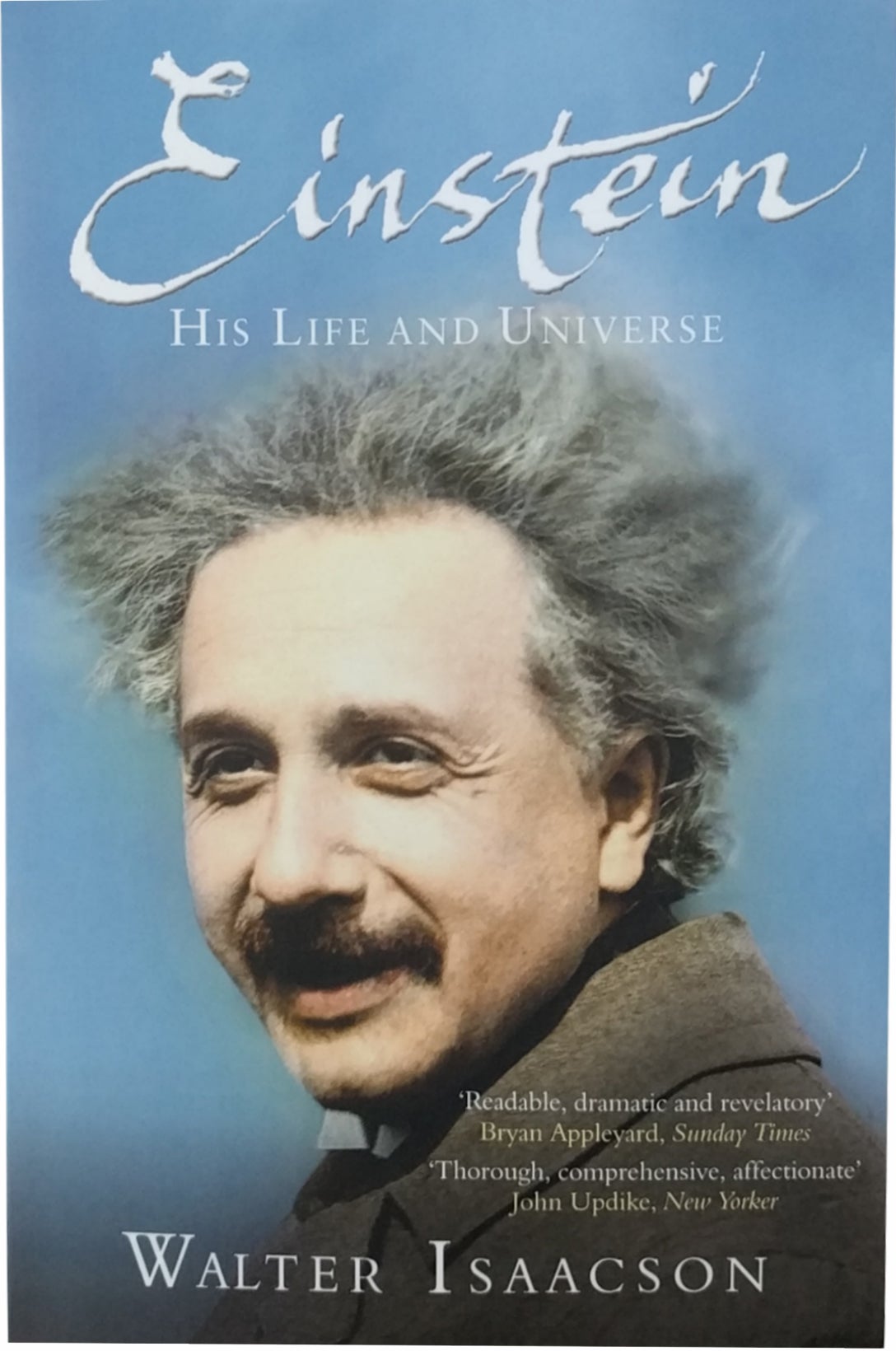 The Doerr-Hosier Center on the Aspen Meadows campus opens its doors, hosting the tenth anniversary of the Henry Crown Fellowship Program.
The Doerr-Hosier Center on the Aspen Meadows campus opens its doors, hosting the tenth anniversary of the Henry Crown Fellowship Program.- The Resnick-Malek Health Center is refurbished and upgraded.
- Einstein: His Life and Universe is published by Simon & Schuster.
2008
- The Aspen Environment Forum launches.
2009
- The Atlantic and the Institute host the inaugural Washington Ideas Forum at the Newseum.
- The Aspen Global Leadership Network debuts as a community of entrepreneurial leaders from business, government, and the nonprofit sector.
- The Aspen Writers’ Foundation, Colorado’s oldest nonprofit literary center, becomes an Institute program now known as Aspen Words.
- Conversations With Great Leaders in Memory of Preston Robert Tisch, the Institute’s flagship discussion series in New York City, launches with the support of Institute Trustee Laurie M. Tisch and the Tisch family.
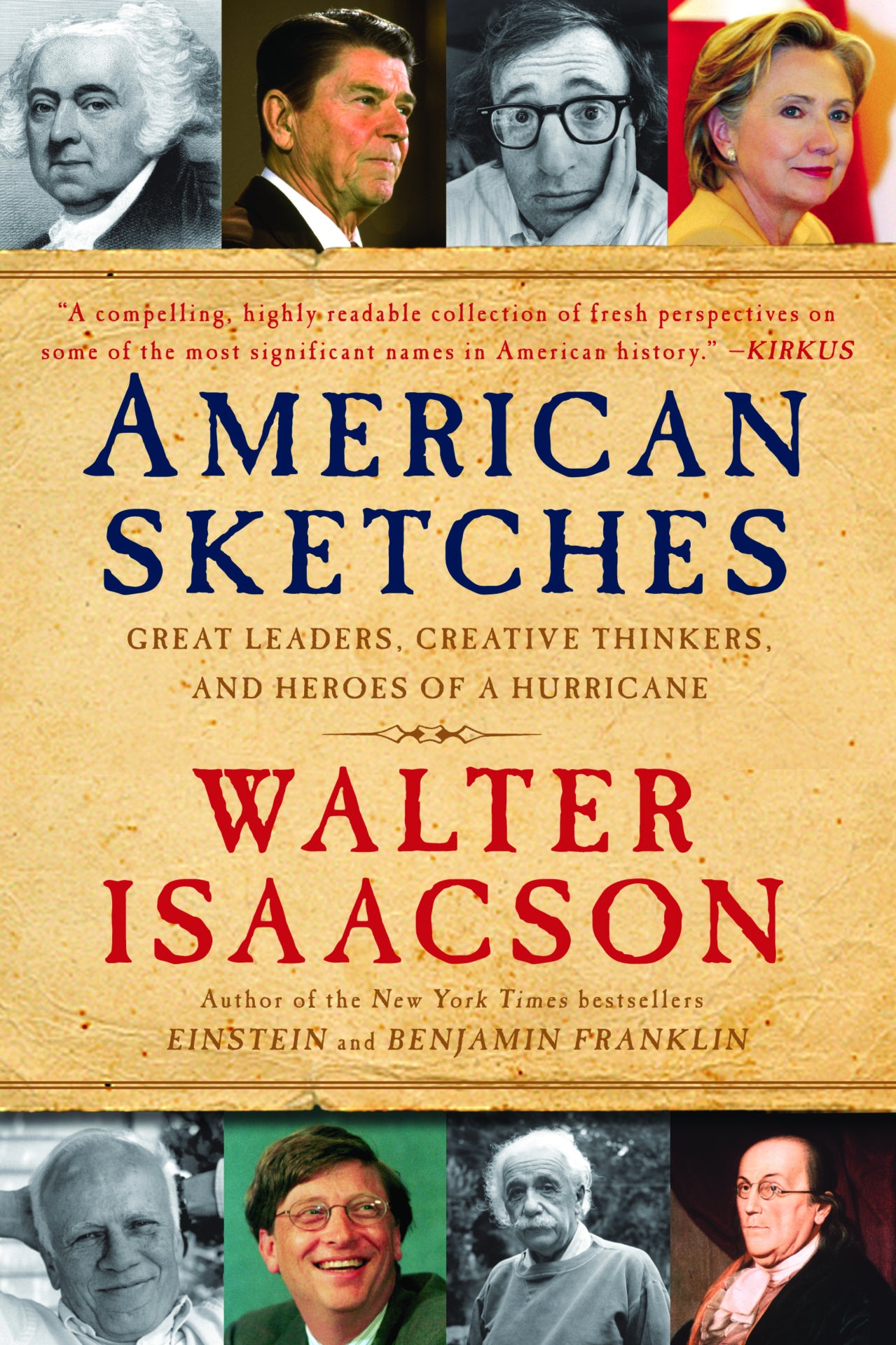 Lester Crown receives the Walter Paepcke Memorial Award, and the Paepcke family is honored at the Institute’s 60th Anniversary Summer Celebration.
Lester Crown receives the Walter Paepcke Memorial Award, and the Paepcke family is honored at the Institute’s 60th Anniversary Summer Celebration.- Walter Isaacson publishes American Sketches: Great Leaders, Creative Thinkers, and Heroes of a Hurricane – a collection of essays reflecting on lessons to be learned from interesting characters he has chronicled both as biographer and journalist.
2010
- The renovated Walter Paepcke Memorial Building opens.
- The Aspen Security Forum, now held in partnership with NBC News, debuts at the Aspen Meadows campus.
- The Institute launches Partners for a New Beginning in partnership with the US Department of State.
2011
 Symposium on the State of Race in America, an event directed by the Communications and Society Program, debuts at the Newseum in Washington.
Symposium on the State of Race in America, an event directed by the Communications and Society Program, debuts at the Newseum in Washington.- The Institute and the Asia Society host the US-China Forum on Arts and Culture in Beijing.
- Steve Jobs, Walter Isaacson’s biography on the founder of Apple, is released weeks after the CEO’s death.
2012
- The Institute hosts New York Ideas at the New-York Historical Society in partnership with The Atlantic.
- The Institute’s Commission to Reform the Federal Appointments Process plays an important role in passing the Presidential Appointment Efficiency and Streamlining Act.
- The Hurst Lecture Series begins on the Aspen Meadows campus with the support of the Hurst Family Foundation.
2013
- The Aspen Challenge launches with the support of the Bezos Family Foundation.
- The Sports & Society Program hosts the first Project Play Summit.
- The Morris Lecture Series launches in San Francisco with support from Trustee Diane Morris.
- CityLab, held in partnership with Bloomberg Philanthropies and The Atlantic, brings hundreds of leaders together at its first summit, in New York City.
2014
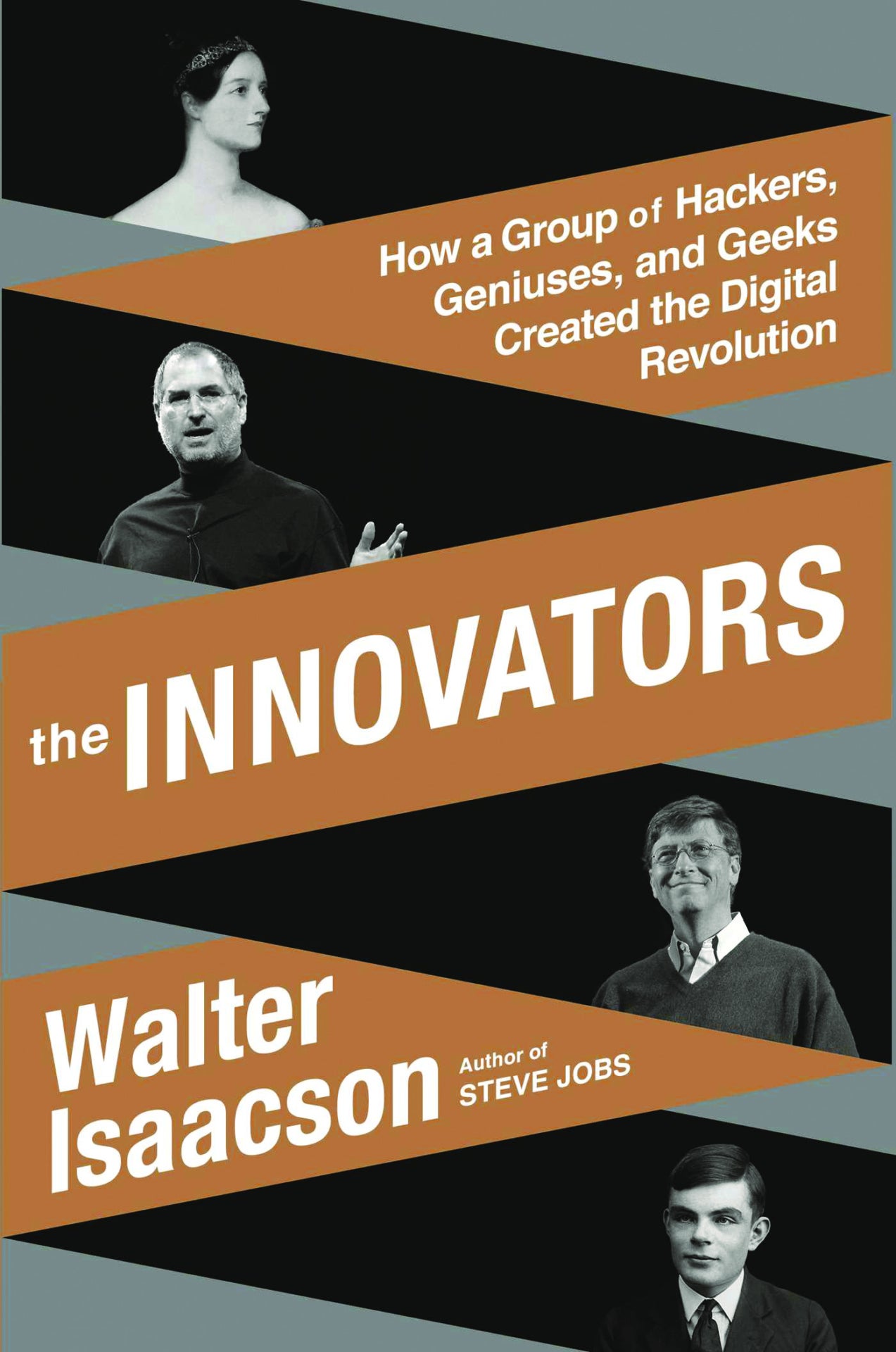 The first AspenX virtual-learning series launches on the Khan Academy platform.
The first AspenX virtual-learning series launches on the Khan Academy platform.- Aspen Across America begins.
- The Aspen Journal of Ideas, a digital collection of analyses and essays, debuts.
- The Murdock Mind, Body, Spirit Series launches on the Aspen Meadows campus with the support of Gina and Jerry Murdock.
- The Innovators: How a Group of Hackers, Geniuses, and Geeks Created the Digital Revolution is published by Simon & Schuster.
2015
- Spotlight Health, a three-day conference preceding the Aspen Ideas Festival, begins on the Aspen Meadows campus.
- The Stevens Initiative is established to bring young people in the United States and the Middle East and North Africa together to learn 21st-century skills.
- The Forum for Community Solutions launches the 100,000 Opportunities Initiative.
- The Institute announces the creation of Youth & Engagement Programs, a division that works directly with youth ages 14–24 to educate and develop citizen leaders.
2016
- The Resnick Aspen Action Forum, formerly called the Aspen Leaders Action Forum, launches with the support of Lynda and Stewart Resnick.
- The first Cambridge Cyber Summit is held in partnership with CNBC.
2017
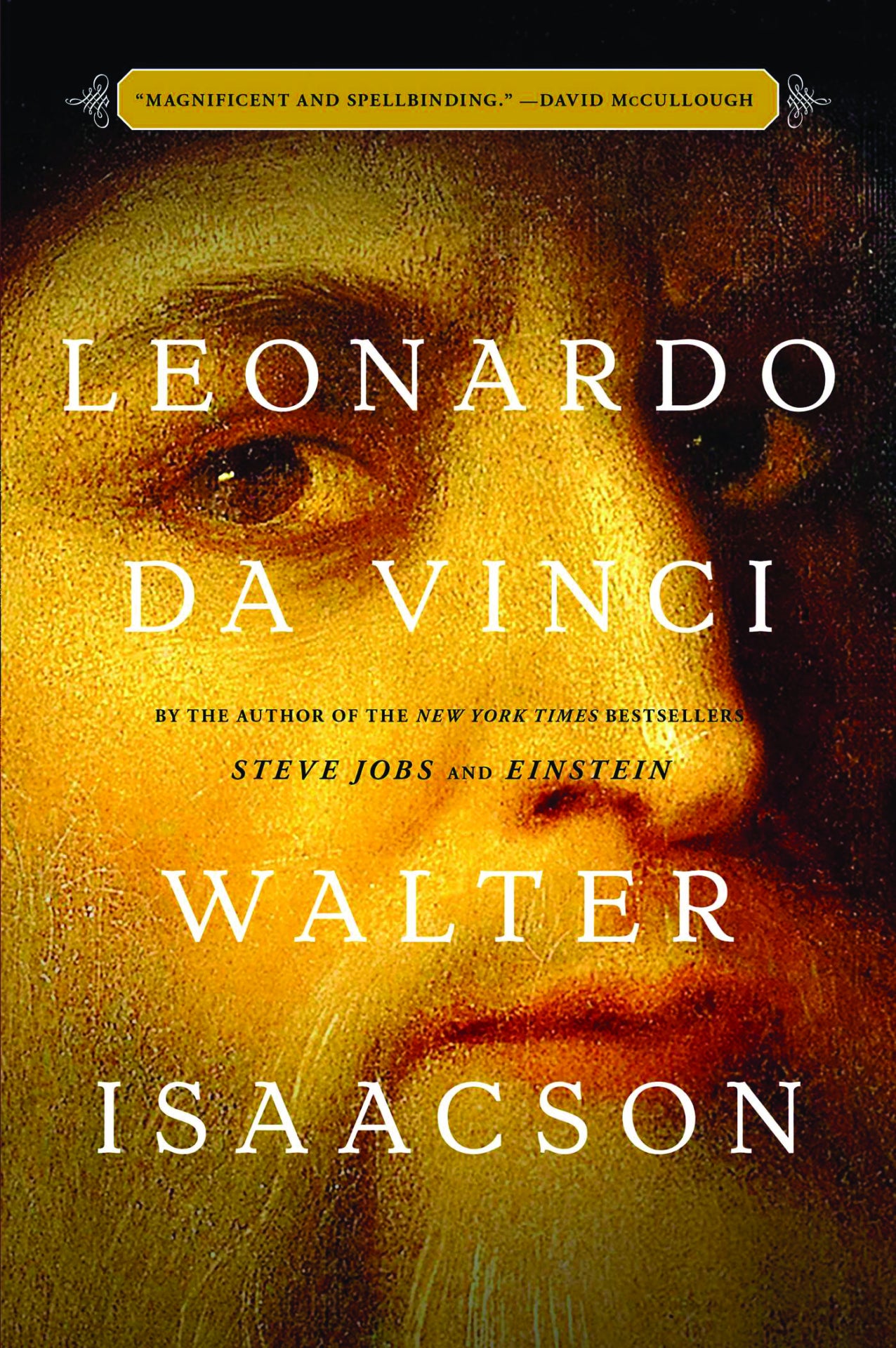 The Henry Crown Fellowship Program celebrates its 20th anniversary.
The Henry Crown Fellowship Program celebrates its 20th anniversary.- Leonardo da Vinci: A Celebration, held for the Society of Fellows on the Aspen Meadows campus, is a three-day immersion into the life and work of Walter Isaacson’s most recent biography subject.
- Walter Isaacson’s latest book Leonardo da Vinci is published by Simon & Schuster.
Reflections
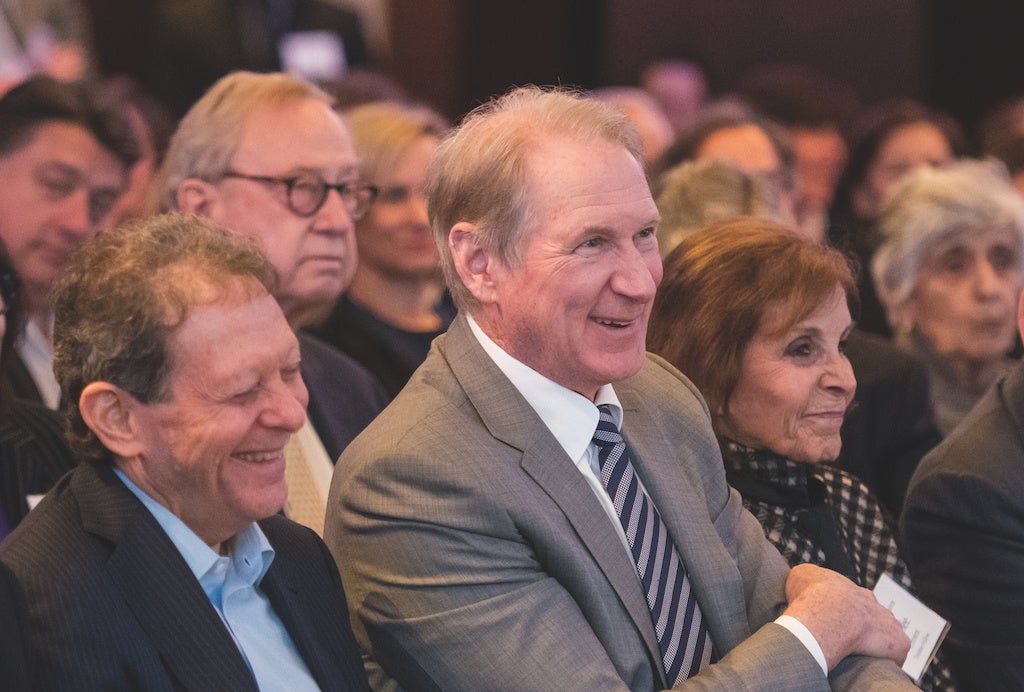
“The foundation of the Institute paved the way for other conveners, think tanks, and policy-based associations. There were few such organizations in the period after World War II, and the vision of Walter Paepcke was to establish a values-based, nonpartisan forum where thought leaders could assemble and discuss the meaning and value of ‘the good life.’ This was the Institute’s first Golden Age.
The Institute’s second Golden Age has been under Walter Isaacson’s similarly visionary leadership. Since Walter became president and CEO, the Institute has grown in eminence, reach, and accomplishment. It remains a venue for leaders of diverse views and accomplishments to address some of the world’s most complex problems.
Walter’s vision, energy, and intellect have driven the Institute to have a global footprint, powerful impact, and to establish itself as a trusted voice. On behalf of the entire Board of Trustees, I know we feel privileged and grateful to have had Walter as our leader for the past 14 years.”
– James S. Crown, chairman of the Aspen Institute Board of Trustees
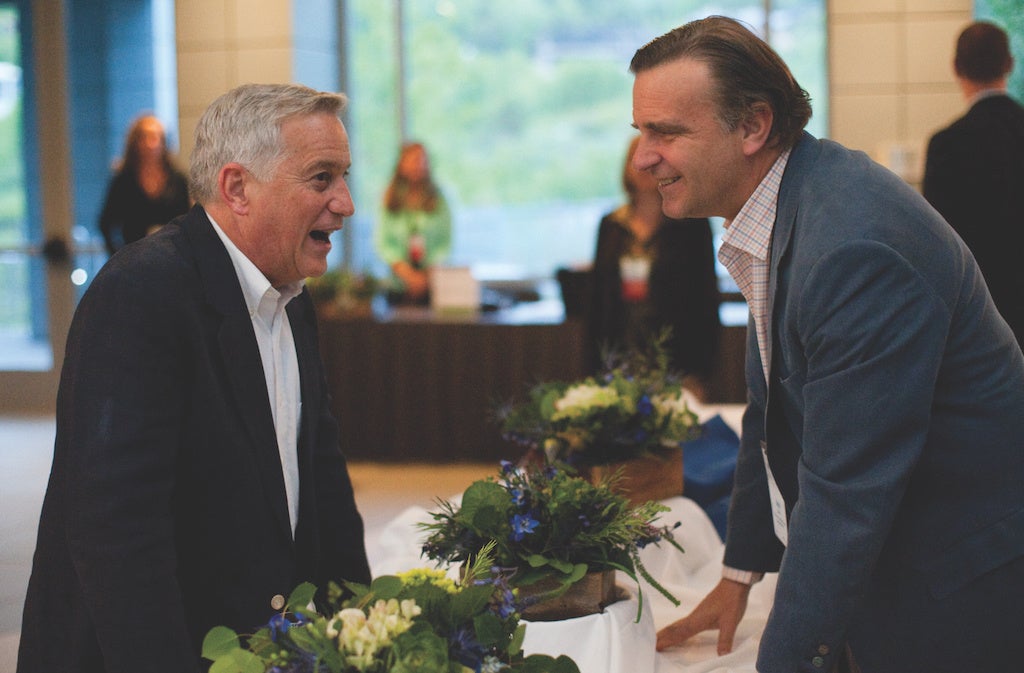
“Every day since his arrival 14 years ago, Walter has brought us his wisdom, balanced judgment, wide-ranging views, and forward-looking lens, enriching this institution in far-reaching ways. We have benefited from his erudite perspective laced with his down-to-earth everyman overview.
Today’s Aspen Institute is a product of all that is Walter. We have gained—and the larger community has gained—tremendously from his illustrious work. Whether addressing pressing world issues in a forum of statesmen and leading thinkers or tackling challenges in his beloved New Orleans, Walter brings wisdom to the greater good. We as a community, and the world at large, are better for having had this distinguished author, scholar, and lifelong defender of exalted human values as our leader and friend.”
— Robert K. Steel, chairman emeritus of the Aspen Institute Board of Trustees
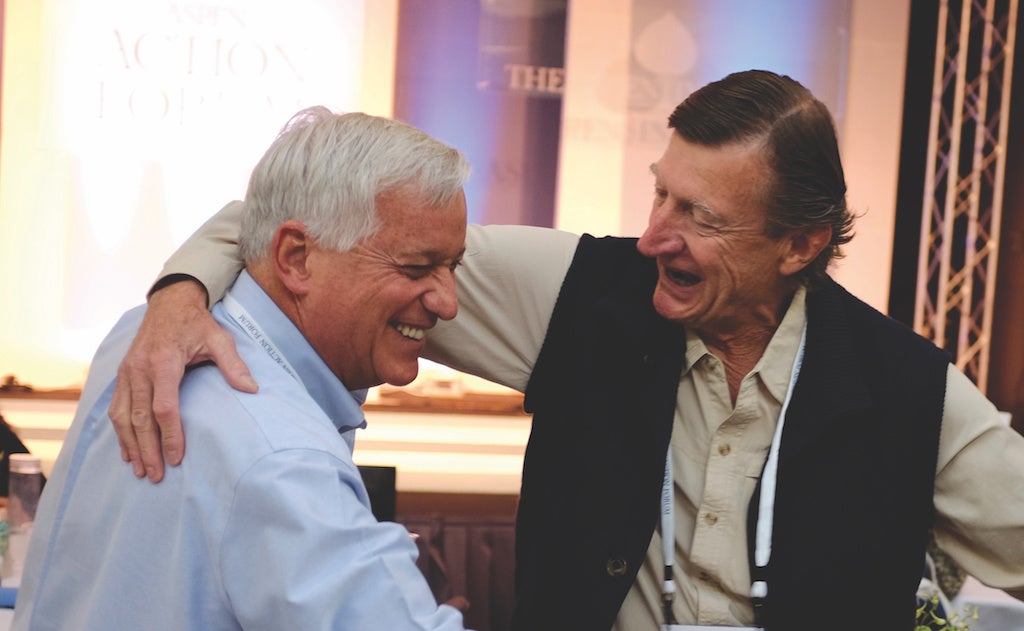
“When Walter joined the Aspen Institute in early 2003, it needed a boost, on many levels. Walter brought hope, confidence, and a level of energy I had not seen in a leader before. Sure he was well connected and extremely smart, but that is not enough. Walter is very focused, persistent, and simply does not allow failure. A remarkable aspect of Walter’s 14-year tenure is that almost none of his initiatives have failed. That is not only great leadership; it is a form of genius.”
— William E. Mayer, chairman emeritus of the Aspen Institute Board of Trustees
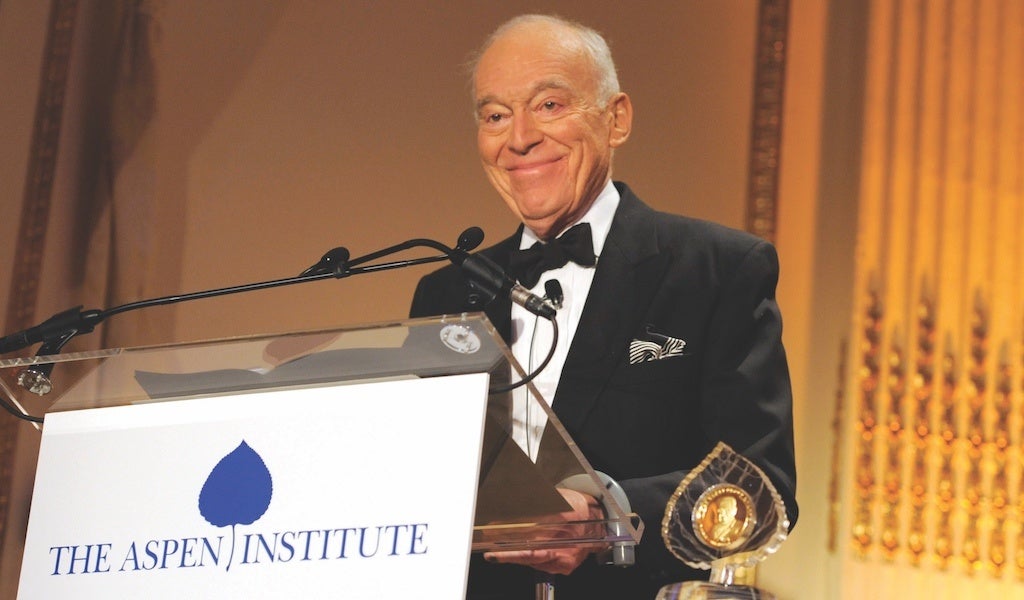
“Walter Isaacson is a true visionary. The marriage of this great man and this great institution was a dream come true. Having him lead the Aspen Institute with his long-range ideas of what we needed to do to make this a better nation and, indeed, a better world will last with us forever.”
— Leonard Lauder, chairman emeritus of the Aspen Institute Board of Trustees
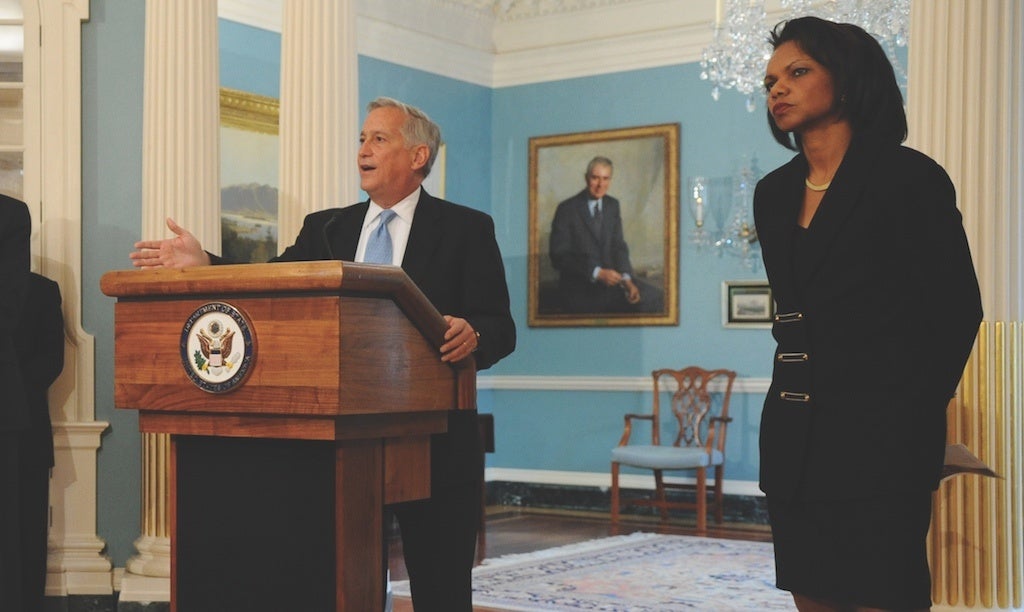
“Walter has been an extraordinary leader for the Aspen Institute. He has brought energy, focus, and clarity to its mission. The best that can ever be said of a leader is that he left an institution better than he found it. That can be said emphatically of Walter’s tenure. We will miss him, but I know that he will stay involved and committed to the Aspen Institute and its work.”
— Condoleezza Rice, Aspen Institute Trustee
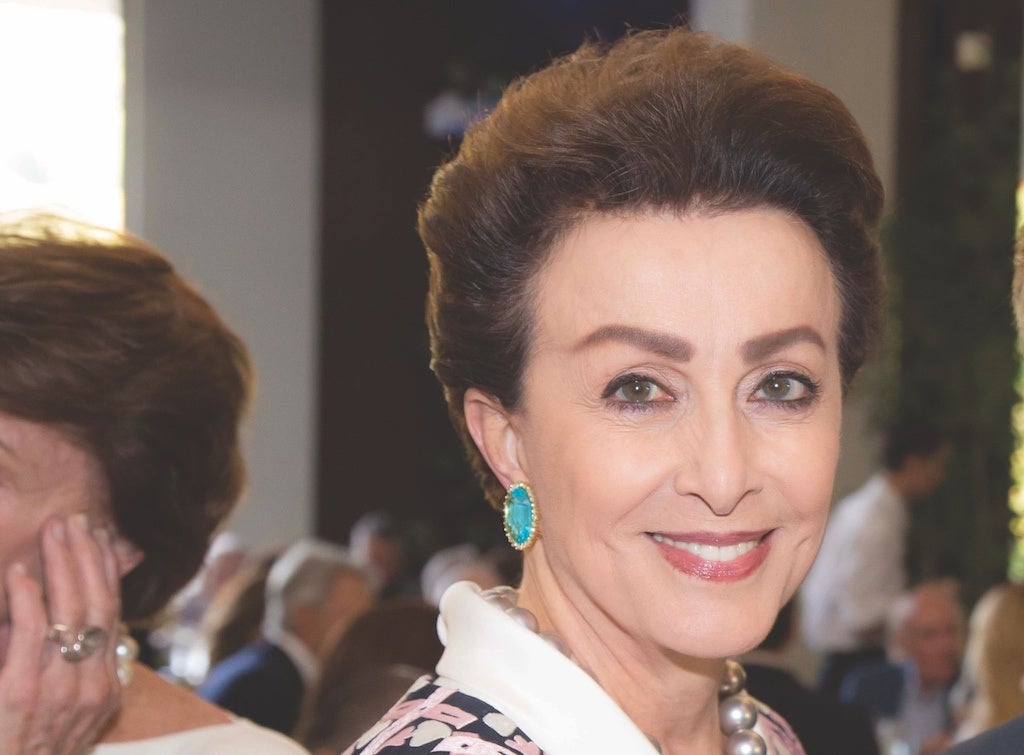
“Walter Isaacson is one of the most fascinating men I have ever encountered. He is my idol! He reinvented the Institute, and with his unfailing vision and vigorous stamina, he broadened its scope and raised it to its current height. Thanks to Walter’s brilliance and perseverance, the Aspen Institute is today one of the most influential institutions in the world. I am very lucky to have served on the Board under Walter’s leadership. He taught me a lot. I shall miss him and Cathy terribly.”
— Mercedes T. Bass, Aspen Institute Trustee
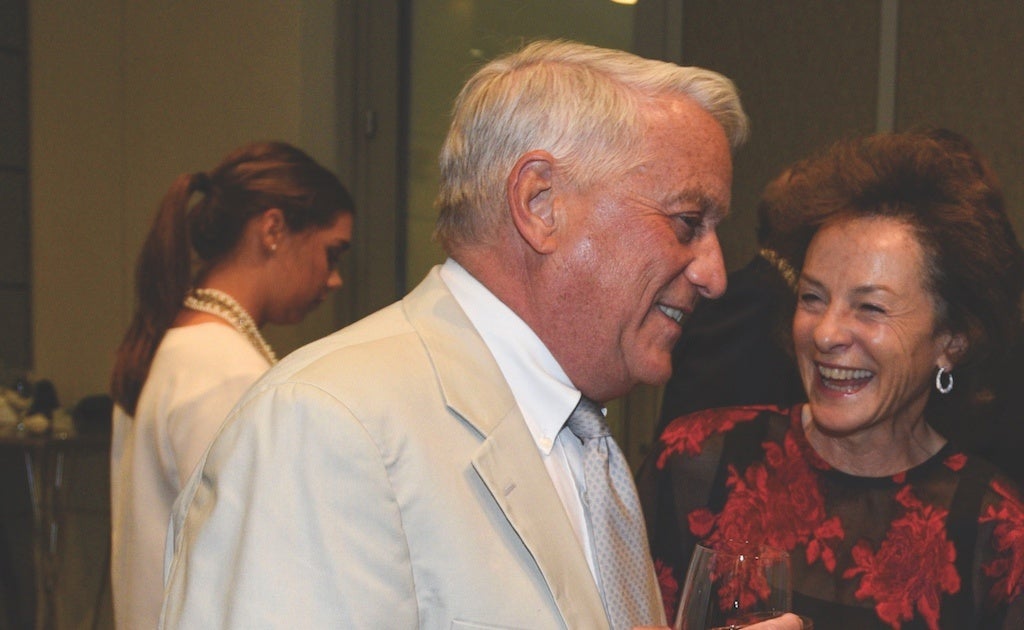
“Walter is a seeker of deep intellectual insight. He constantly amazed me with the depth he sought in every endeavor he undertook and the joy he took in bringing it to fruition. He is an ideas man, yes—but of ideas that brought people together so they could be better by being together. He has been an extraordinary leader of the Aspen Institute, and I feel unbelievably privileged to be part of what he created.”
— Margot Pritzker, Aspen Institute Trustee
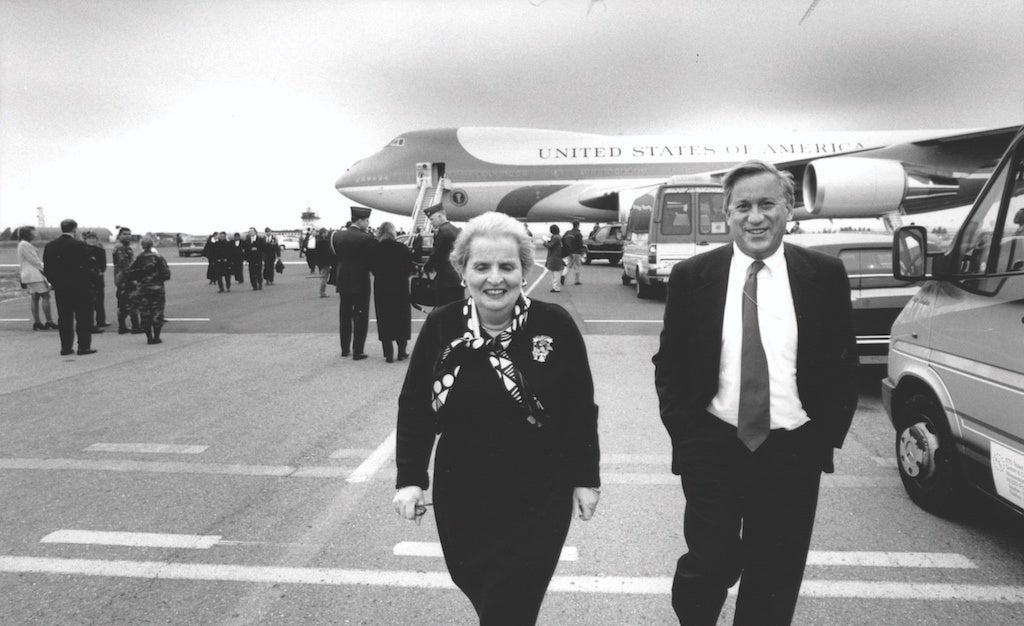
“I’ve described Walter as the Benjamin Franklin of our time—except with somewhat more hair and much less credibility when it comes to ‘early to bed, early to rise.’ But the truth is that no one can compare to Walter as a leader, thinker, writer, and friend. And no one has done more to unlock the potential of the Aspen Institute as a force for good in the world.
Under his leadership, Aspen has grown into a global institute with a powerful impact on culture and world affairs. He made the theory of relativity sexy again and drew inspiration from Einstein to conceive of the Aspen Ideas Festival. He also built the Aspen Global Leadership Network, created myriad policy programs on foreign and domestic issues, and brought new emphasis to youth leadership and engagement. He has also been a prolific fundraiser, to the benefit of the Institute’s financial health and to the detriment of many of our bank accounts.
While there’s no denying that Walter transformed the Aspen Institute, I think it is also fair to say that the Aspen Institute transformed him. He came into the job of president and CEO as a well-regarded journalist and author. He leaves not only as one of the preeminent biographers of our time but also as a changemaker in his own right. This is what makes Walter so special: he is not just a dreamer; he is a doer. And what he has done for Aspen, and with Aspen, has been nothing short of spectacular.
When I first met Walter in May 1999, I could not have known what the future had in store for us, nor could I have predicted the close friendship I would forge with him and Cathy. Getting to work with him, and watch him transform and lead this Institute, has been one of the great and unexpected pleasures of my life. Walter, I speak for everyone on the board when I say we are better for having known you and this Institute is better for having been led by you. Thank you, from all of us, and best of luck on your next chapter.”
— Madeleine K. Albright, Aspen Institute Trustee

“As an Aspen Institute Trustee who lives in our nation’s capital, it has been my great pleasure to work with Walter. His energy, intellect, and creativity—as well as his pragmatism—are unique and formidable complements. Walter inspires respect and admiration as a collaborator, and it has been my enormous privilege to also consider him a friend.”
— Michelle Smith, Aspen Institute Trustee

“When Walter Isaacson took over as CEO of the Aspen Institute 14 years ago, he ascended to the helm of a storied institution that, quite frankly, had lost the plot. The Institute’s inspiring beginning had begun to wane. I remember just how worried many of us on the board were about the future.
But when Walter walked in the door, he immediately made it clear that what he’d bring to our story was a major rewrite. In short order, he took a failing, chaotic organization and turned it into a citadel of order, reason, and hope. He revitalized the heart and purpose of the Institute through his steady words and bold deeds, helping us believe our mission—to create a diverse generation of leaders committed to making the world a better place—was actually doable.
Walter brought with him to the job a journalist’s sense of purpose, a statesman’s sense of fairness, a biographer’s sense of history, and a CEO’s sense of urgency. It was this combination of skills and experience that made him the right man for the Institute just when we needed him most. Like a truly great leader, he said what he intended to do and then he did it. The people and money followed without hesitation. Walter isn’t someone who needs to solicit donations; he inspires them.
Stewart and I will miss Walter dearly. Not just for the exciting and compelling chapters he wrote in the Institute’s story, but for the way he helped us find purpose in our own life’s second act. I can think of no better way to honor his leadership than to take what Walter taught so many of us and pass it on. One person, one community, one world at a time.”
— Lynda Resnick, Aspen Institute Trustee